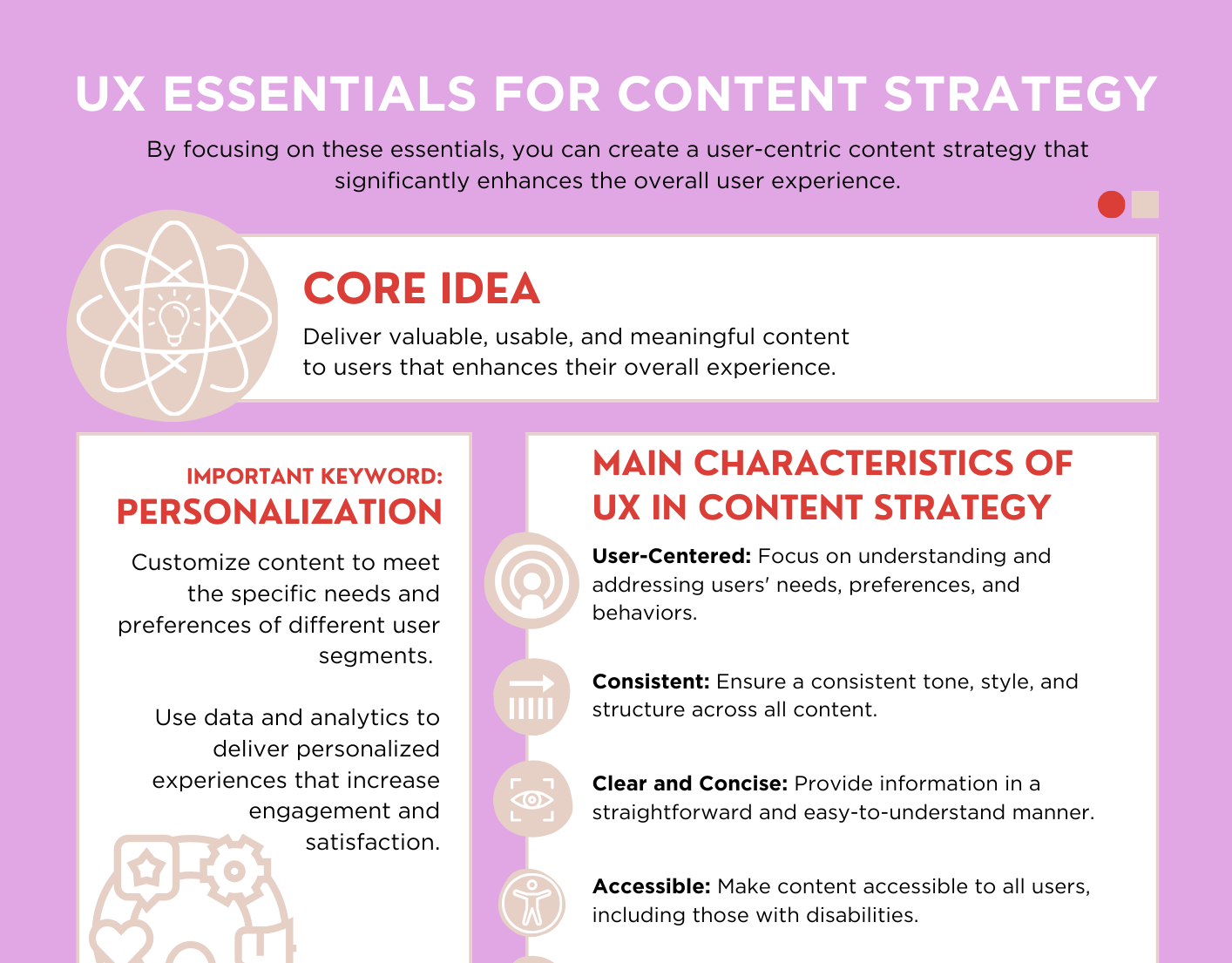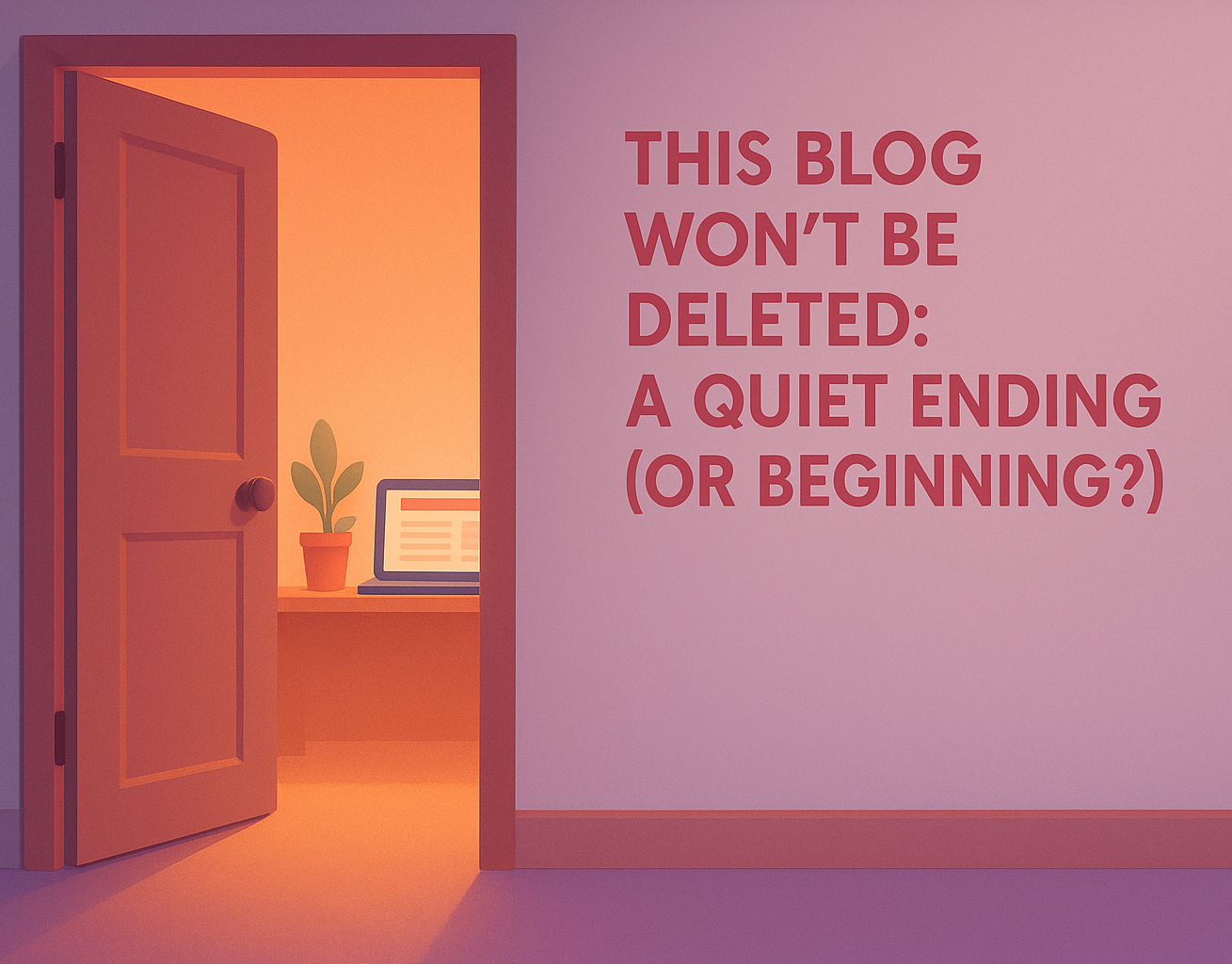Working in the gaming and entertainment industry comes with its own set of challenges - both professional and personal. As someone working in marketing for a company in this industry, I often ask myself: Is this ethical? Casinos, betting companies, and lotteries are deeply embedded in society, yet they are also associated with addiction, financial ruin, and emotional distress.
Promoting a product or service that has the potential to harm people is a serious responsibility. While strict regulations govern how we advertise, the ethical question remains: Is it right to market gambling at all? This blog post is a personal attempt to evaluate that question, drawing on insights from my media ethics lecture by Robert Gutounig
The Ethical Dilemma: Selling a Risky Product
In marketing, we aim to create desire, we highlight the thrill, the potential rewards, and the excitement of participation. But when the product itself carries inherent risks, the ethics of persuasion become complicated.
The Moral Challenges in Digital Communication slide from my lecture posed some tough questions:
> Is it morally acceptable to create advertising that encourages people to spend money on a product that can lead to addiction?
> Is it ethical to use emotional appeal in gambling ads, knowing that it may trigger compulsive behaviors?
> Where is the line between responsible advertising and manipulation?
These questions force me to confront the reality of my work. Unlike industries that promote essential goods, gambling is a leisure activity with financial stakes - and for some, those stakes are devastating.
Strict Rules, But Are They Enough?
Austria has some of the strictest gambling regulations in Europe. The company I work for, like all licensed gaming providers in the country, is required to follow rigorous advertising and compliance standards (Austrian Ministry of Finance).
The industry follows these ethical guidelines:
> No misleading advertising: No claims of guaranteed winnings or exaggerated success stories.
> No targeting minors or vulnerable individuals: Gambling ads cannot be placed where minors could see them.
> Transparent promotions: All marketing materials must clearly communicate terms and risks.
> Voluntary Ethical Commitment: Some companies go beyond legal requirements by following strict ethical guidelines in advertising.
These regulations are reassuring, but do they resolve the ethical problem? If a product is harmful to a segment of the population, does it matter how carefully it is marketed?
Personal Reflection: What The Lecture Taught Me
One concept that stood out from my media ethics lecture was the Imperative of Responsibility (H. Jonas). This idea suggests that if an action has the potential to cause harm, we have a moral obligation to prevent it. In the gambling industry, this means we must acknowledge the risks and actively protect consumers rather than just comply with legal requirements.
Another perspective is business ethics as a system (Luhmann’s Systems Theory). If each business sector follows its own logic, does that mean gambling should be evaluated only by economic success? Or do we have a higher responsibility as individuals working in this system?
This brings me back to my original question: Is it ethical to work in marketing for a gambling company?
So, Is It Ethical? My Takeaway
At the start of this blog post, I wasn’t sure how I felt about my role in this industry. After reflecting on ethical theories and reviewing how strictly the industry is regulated, I’ve come to a more nuanced conclusion:
> The Game of Chance itself isn’t inherently unethical. It is a form of entertainment enjoyed by millions. The problem arises when it is marketed irresponsibly.
> Strict regulations help, but they are not enough. Ethical responsibility goes beyond legal compliance; it requires ongoing reflection.
> I have a role to play. While I work within an industry that has risks, I can choose to uphold ethical standards, advocate for responsible marketing, and push for greater transparency.
The ethical discomfort I feel isn’t necessarily a bad thing. It keeps me accountable and reminds me to approach my work with integrity and awareness. I may never have a perfect answer to whether it is completely ethical, but I now see my role as part of the solution rather than the problem.
Would love to hear your thoughts: Is it possible to ethically market gambling? Or is the industry inherently problematic? Let’s discuss!
Curious to dive deeper into media ethics?
Check out what my fellow COS students have been exploring in their portfolios – from AI-generated content to platform responsibility and audience manipulation. Their posts offer fresh perspectives and insightful angles on this complex topic.
Check out what my fellow COS students have been exploring in their portfolios – from AI-generated content to platform responsibility and audience manipulation. Their posts offer fresh perspectives and insightful angles on this complex topic.









